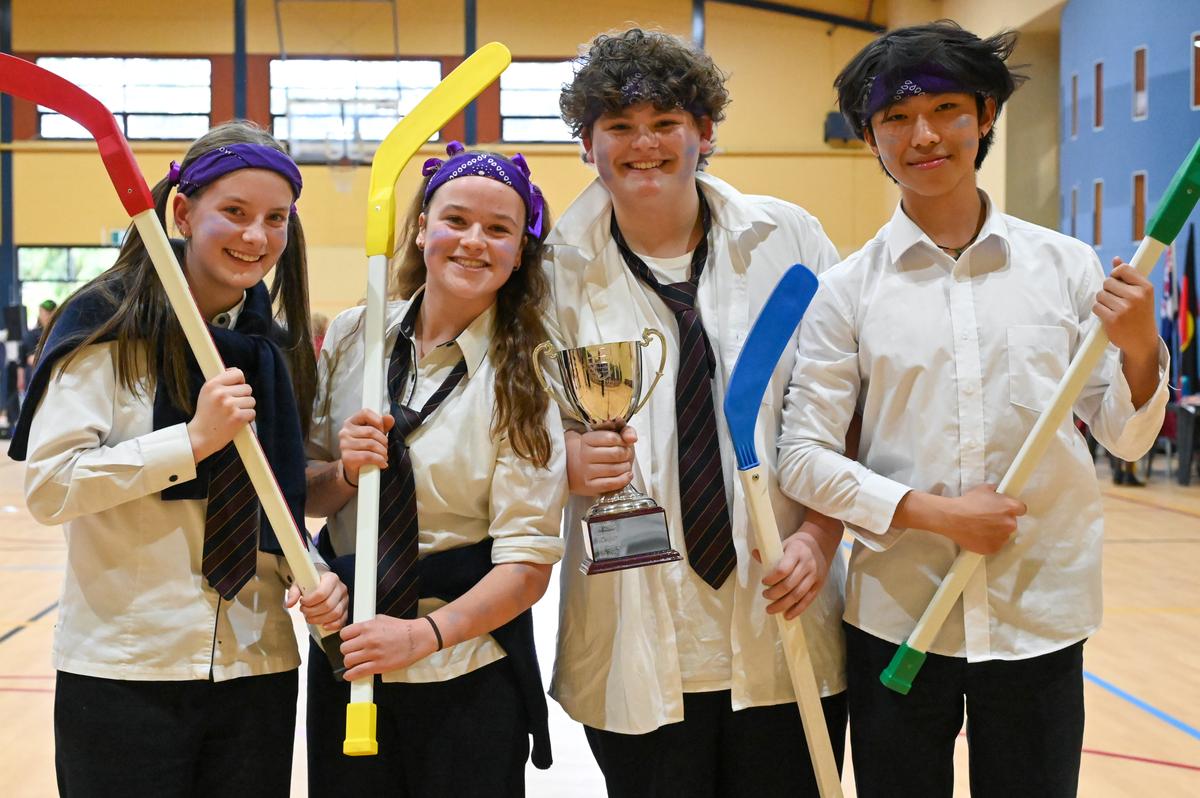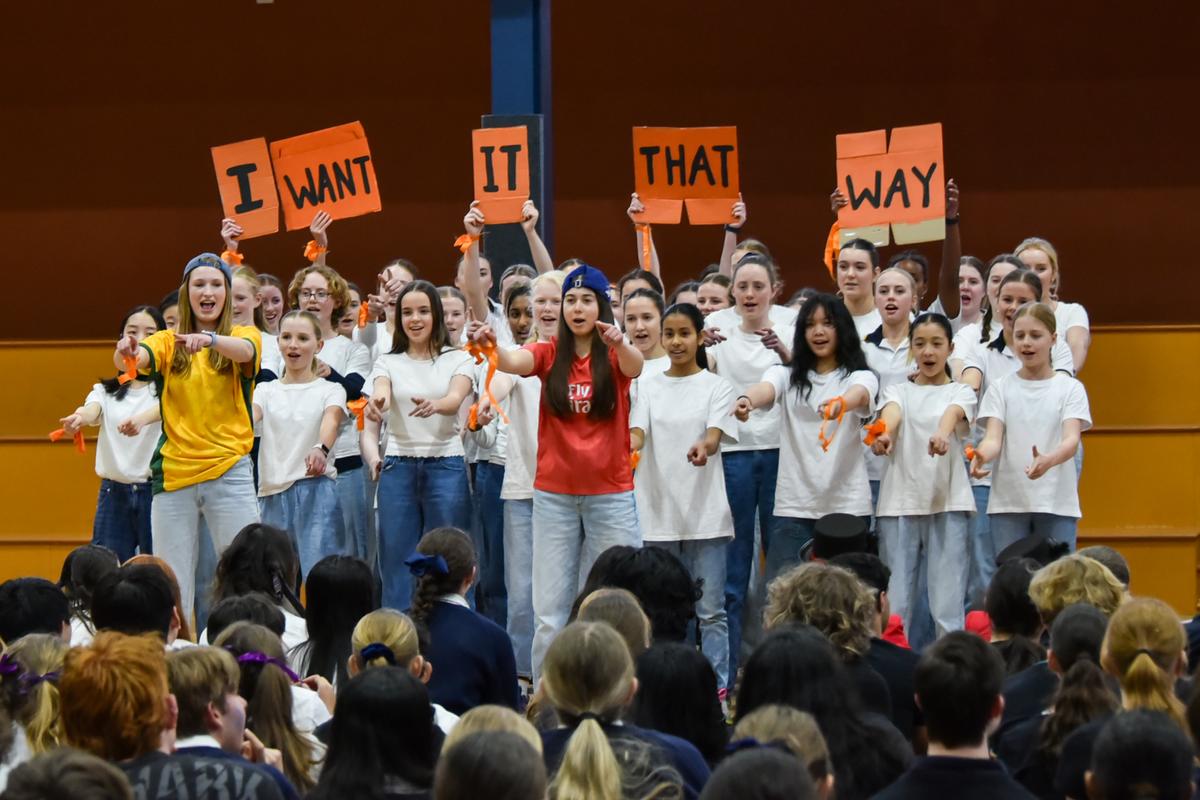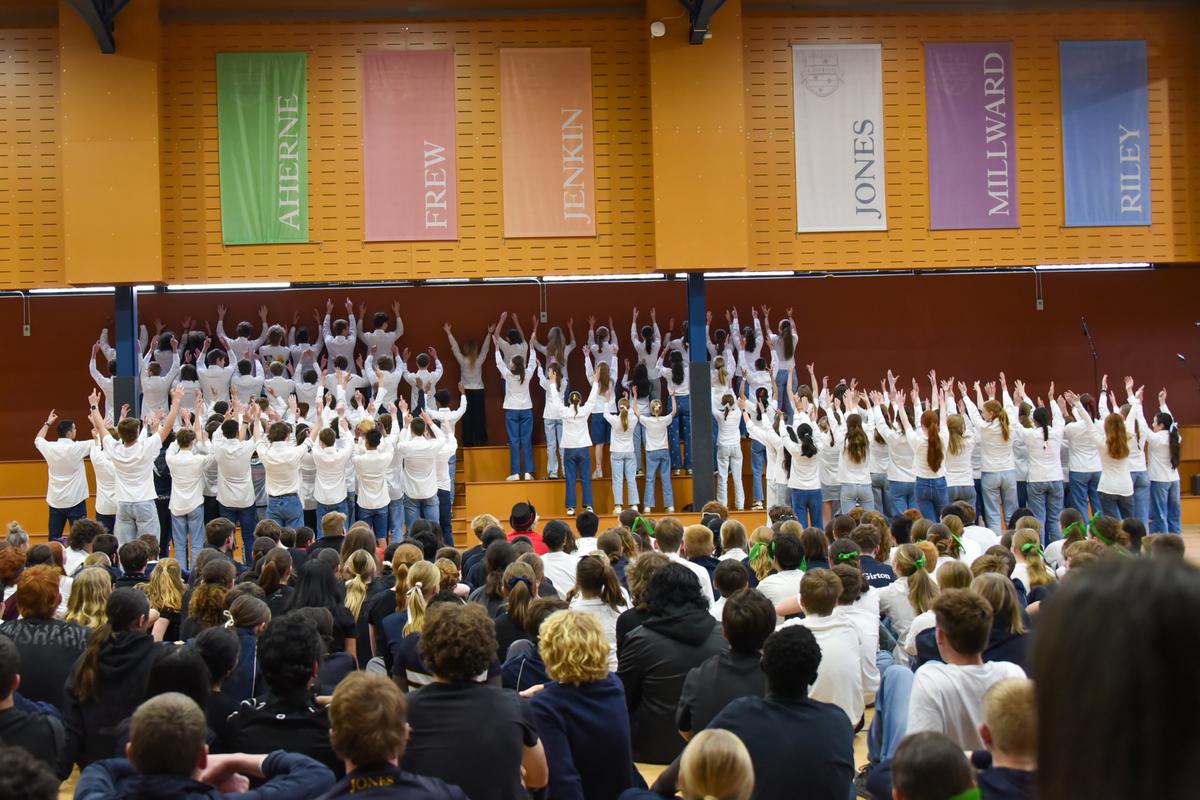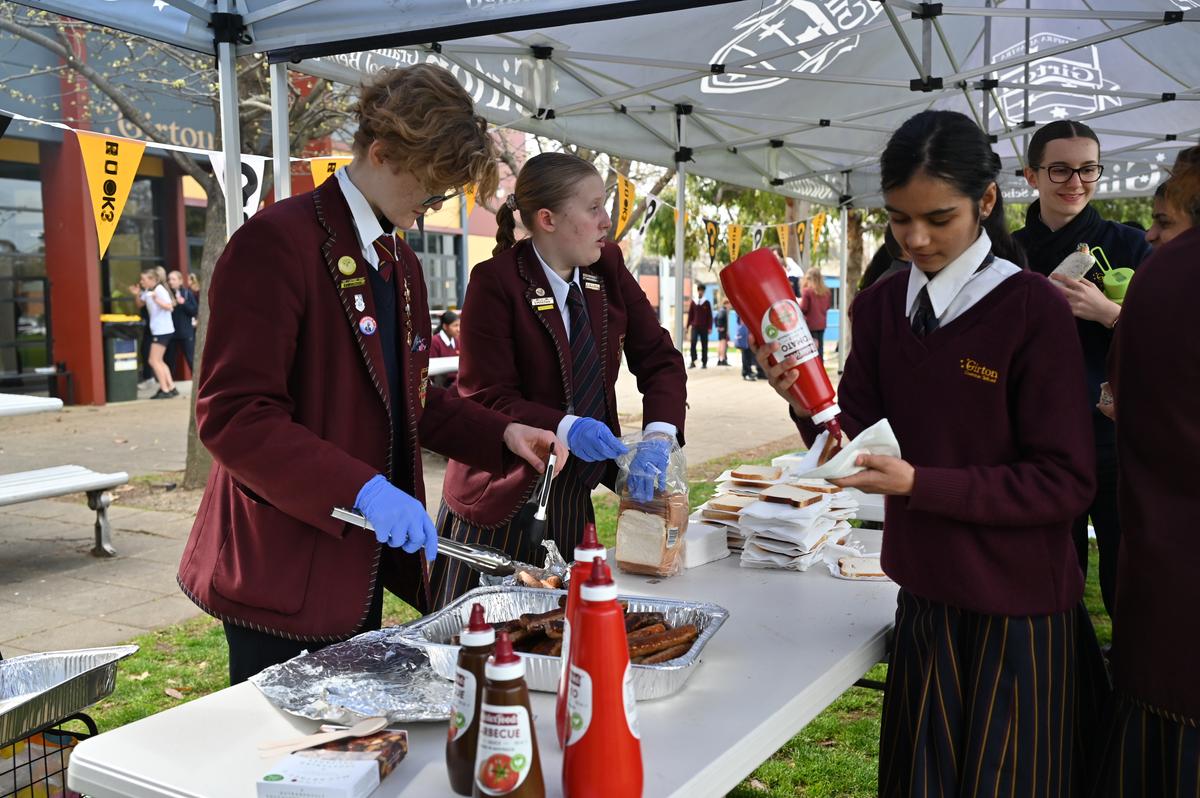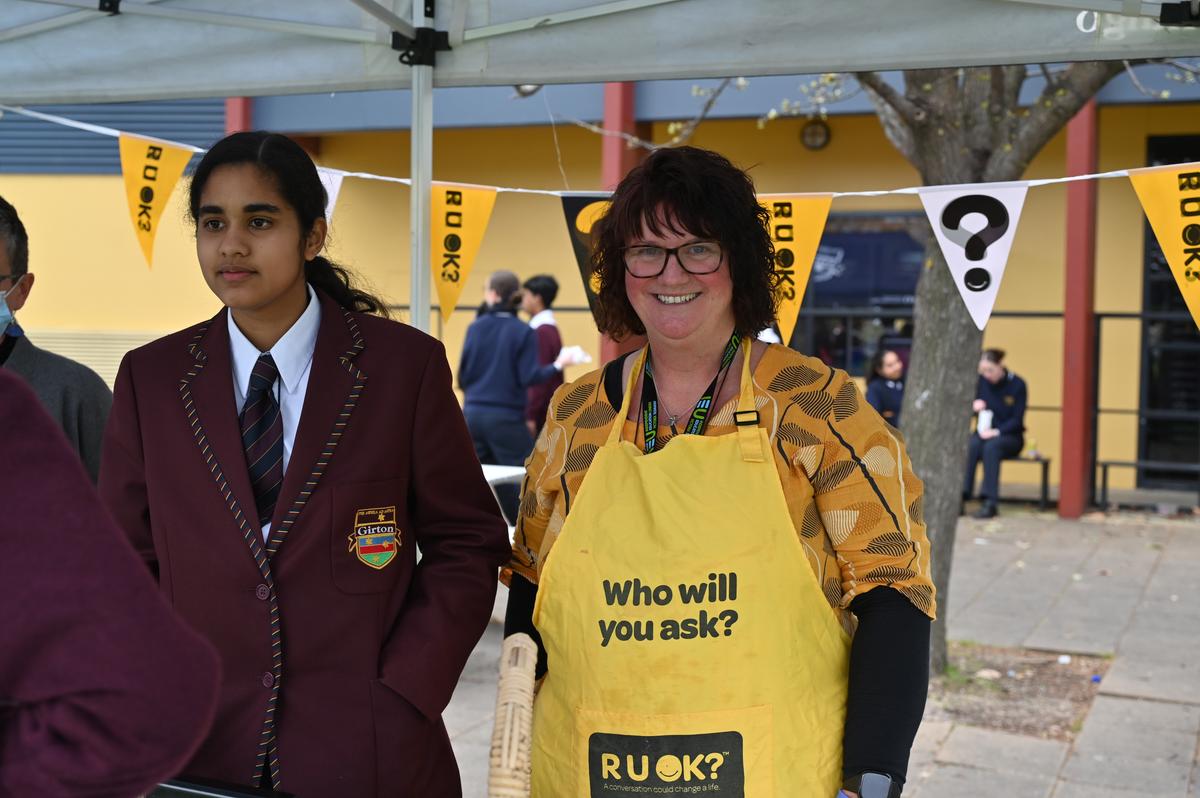From the Head of Senior School
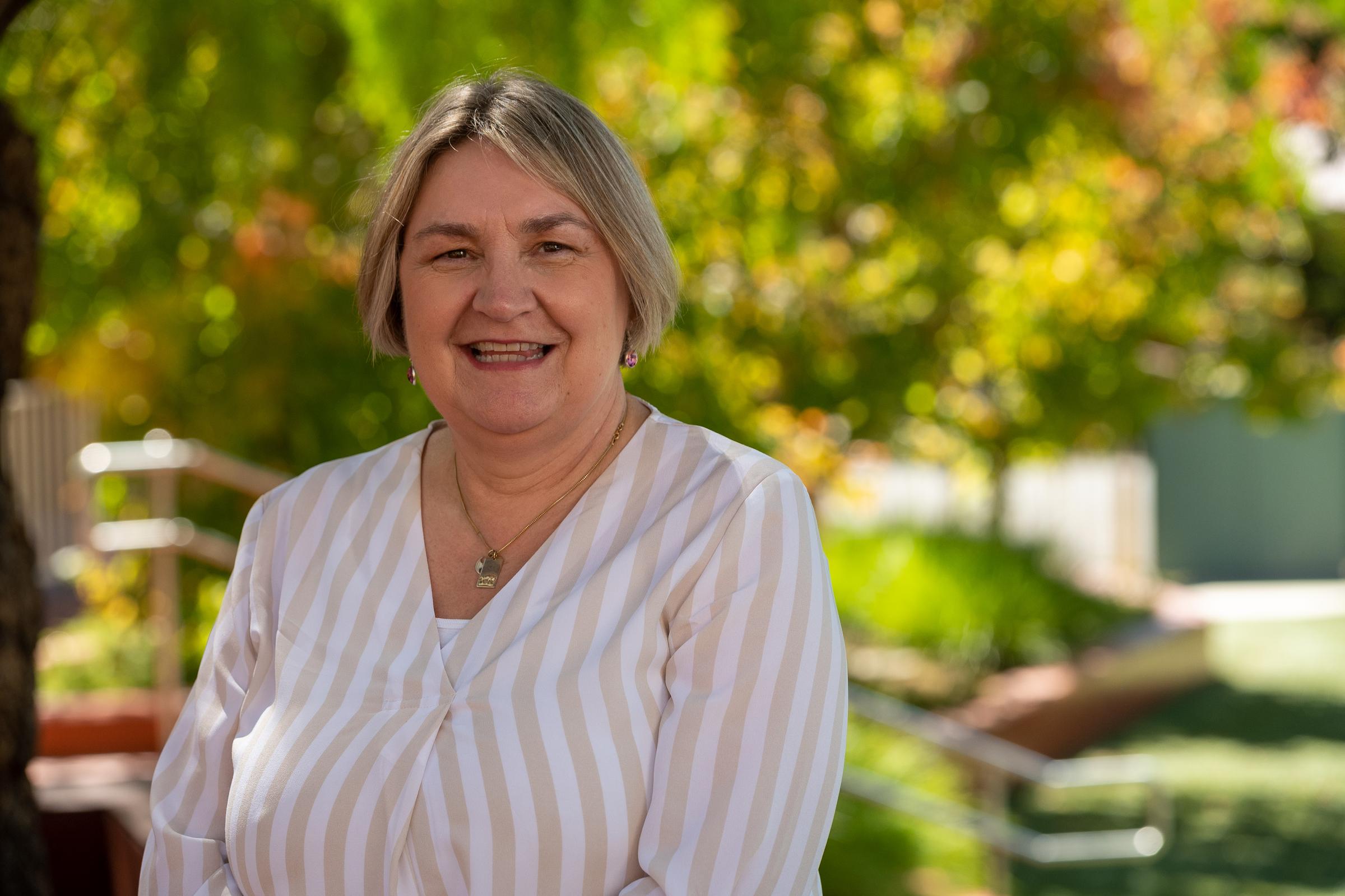
In the hustle and bustle of academic life, it is easy to overlook the significant impact that school events like the House Singing Competition have on students' soft skills development. These events are more than just opportunities for a break from classes; they are instrumental in fostering a sense of community, building friendships and cultivating essential life skills that go beyond the classroom.
The annual House Singing Competition is a highlight on the school calendar, drawing enthusiasm from students across all year levels. While the focus is often on hitting the right notes and delivering a polished performance, the event's actual value lies in the collaborative spirit it nurtures. Students must work together in their House groups to prepare for the competition, which requires effective communication, teamwork and leadership.
Whether it's the senior students guiding younger ones or everyone pitching in with creative ideas, the process encourages collaboration and mutual respect. These interactions help students develop strong interpersonal skills, such as active listening, conflict resolution and working harmoniously with others – essential skills in any team environment.
Moreover, the House Singing Competition promotes a sense of belonging. As students work together towards a common goal, they strengthen their connections with one another and their House, fostering a deep understanding of community. This unity is further amplified during the competition, where students support and cheer for each other, creating camaraderie and collective pride.
Last week, we also acknowledged RUOK? Day, another event with significance beyond its immediate purpose of raising awareness about mental health. By encouraging students to check in on their peers and engage in meaningful conversations, RUOK? Day helps cultivate empathy and emotional intelligence – two critical soft skills components.
On RUOK? Day, students are reminded of the importance of being attentive and supportive towards others, fostering a culture of care within the school. The day's activities often include workshops, discussions and initiatives that encourage students to develop a deeper understanding of mental health issues and the importance of looking out for one another.
This awareness and understanding extend beyond the day as students carry these lessons into their daily interactions. Students build strong and empathetic relationships with their peers by learning to recognise when someone might need support and how to offer it. These relationships are the foundation of a supportive school community where everyone feels valued and connected.
The House Singing Competition and RUOK? Day are powerful examples of how school events contribute to the holistic development of students. They offer more than just entertainment or a temporary respite from academics; they are essential in developing soft skills like communication, teamwork, empathy and emotional intelligence. These events also play a crucial role in strengthening the school community. As students engage with one another in different contexts, they build friendships rooted in shared experiences and mutual support. These bonds, forged through collective effort and care, often last well beyond their school years.
In a world where soft skills are increasingly valued, the experiences gained from participating in these events equip students with the tools they need to navigate life's challenges. The sense of community and the friendships built along the way are invaluable, making school not just a place of learning but a place where lifelong connections and personal growth are nurtured.
Head of Senior School
Ms Dawn Davis

